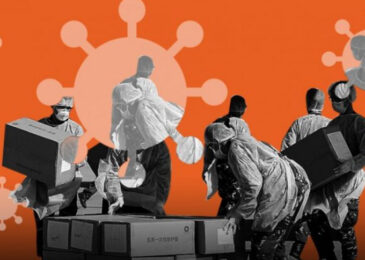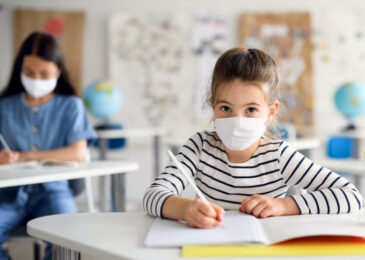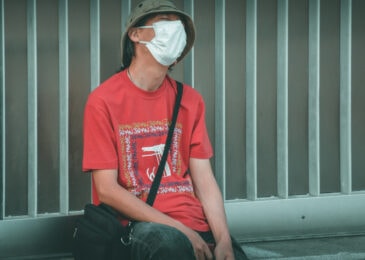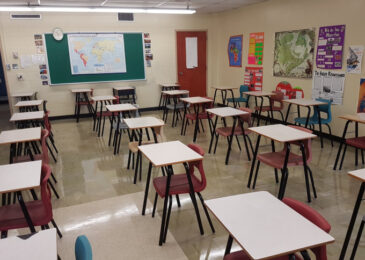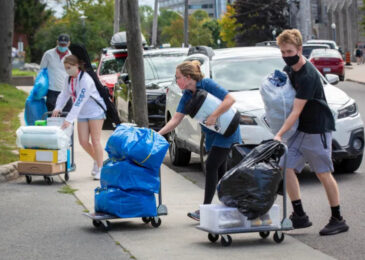Danny Cavanagh: How to learn from the pandemic and build a better future
Danny Cavanagh: “In Canada, we have weathered the pandemic by sticking together and supporting each other. Economic recovery cannot mean listening to the same old voices that led us to an economy with a widening income and gender gap, heightening rates of poverty and homelessness, increasing violence and inequality, and poorly underfunded and inadequate public and community services. We need investments in new ways of doing things.”

